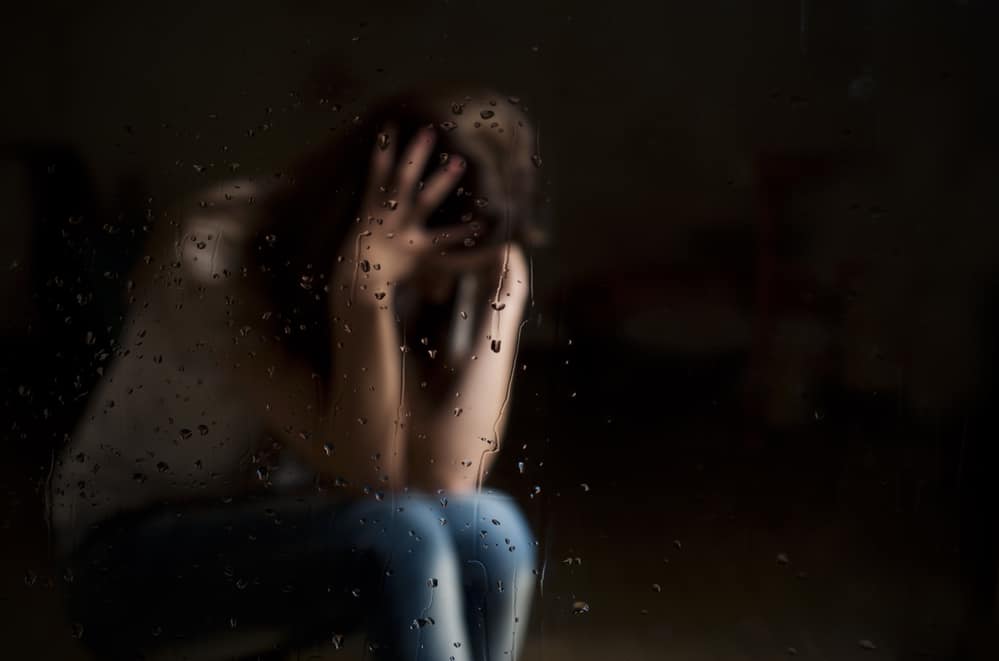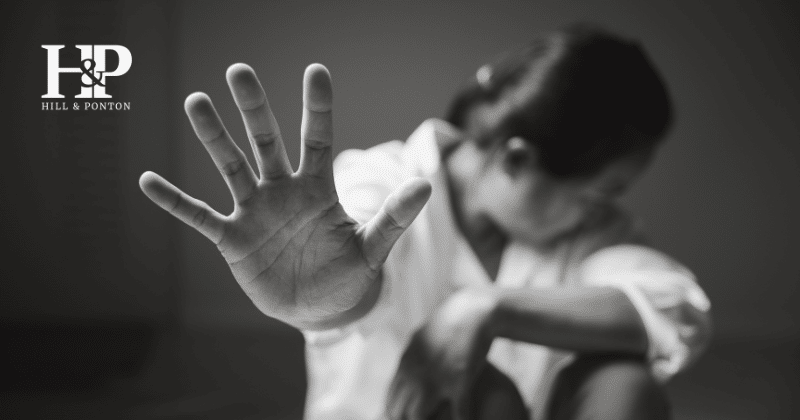Over 280,000 women have served Post-9/11 in Operations Enduring Freedom (OEF), Iraqi Freedom (OIF) and New Dawn (OND) in Afghanistan and Iraq. It is becoming increasingly important to make sure the issues facing female veterans are addressed properly. The services needed by female veterans upon their return home are not keeping up with the growing number of women serving in the United States’ military. This increase in female veterans means there must be changes to how the VA handles both compensation benefits and health care for returning female veterans. Some of the biggest areas of concern facing female veterans involve mental health issues, and the related issue of sufficient health care.
Mental Health Issues
Female veterans typically present with adjustment disorders, depression, anxiety disorders, and PTSD. As the amount of women serving in the military rises, the rates of PTSD in female veterans keeps pace with the rates of PTSD in male veterans. However, women are more likely to develop chronic (long-lasting) PTSD after experiencing a trauma. Women also feel an oversized effect from high rates of Military Sexual Trauma (MST). Because of the high rates of MST, it is one of the biggest contributing factors to mental health problems in female veterans. MST is defined as, “psychological trauma, which in the judgment of a VA mental health professional, resulted from a physical assault of a sexual nature, battery of a sexual nature, or sexual harassment which occurred while the veteran was serving on active duty or active duty for training.” One study found that women who experienced MST during service, were 9 times more at risk for developing PTSD. MST screening performed by the VA found victims of MST were approximately three times more likely to suffer mental health problems. Research conducted by the VA also found that about one half of women who were deployed to Iraq or Afghanistan reported being sexually harassed, and almost a quarter of women deployed to Iraq or Afghanistan reported being sexually assaulted. This same research suggested there is a higher rate of sexual misconduct against women who served in war zones.
Returning to civilian life after service is another factor that plays a role in the mental health problem facing female veterans. Many women feel invisible upon their return home because they feel society doesn’t understand their experience, or even discounts their military service as less challenging or less important than that of male veterans. This can cause new or worsening depressive symptoms, feelings of self-doubt, feelings of worthlessness or hopelessness, and feelings of isolation.
Mental health issues are also a major concern for female veterans because of its involvement with the issue of homelessness. Some of the main causes of homelessness in female veterans include lack of treatment for PTSD and/or anxiety problems, unemployment, disability, and poor health. Studies have shown that since 2006, the number of homeless female veterans has more than doubled. This is just another reason why understanding the role of gender in mental health treatment is so crucial.
Health Care Issues
Although the VA has expanded the medical services for women after Congress passed the Women Veterans Health Care Improvement Act of 2009, there is still a lack of clinics and treatment options that are centered on women-focused health care, and this is one of the biggest issues facing female veterans. The Wall Street Journal reported that benefits and service programs put on by the VA “tend to lag behind in serving women.” A 2012 study conducted by the National Health Care for the Homeless Council, found female veterans “were less likely to seek care in what they perceived to be male-oriented programs.”
For example, many VA medical centers lack the gender specific treatment options that are needed by women. While the VA is doing what it can to make changes, there are still many VA medical centers that don’t have a gynecologist on staff, and female veterans aren’t able to go to a VA facility for prenatal care or to deliver babies. Also, as mentioned above, female veterans suffer mental health problems just as male veterans do, but there are few options provided for gender specific therapy. This presents a huge obstacle for female veterans that suffered MST, and don’t seek the treatment they need because they don’t have an environment where they feel comfortable. Another example of how health care is a problem facing female veterans involves treatment for physical injuries. Women lose limbs just as their male counterparts do while serving in the military. However, much of the medical care and support for these injuries, including prosthetic devices, is designed based on physical attributes of males. Adding to these problems is the fact that many female veterans underutilize health care and benefits through the VA because of a lack of knowledge about the available services.


